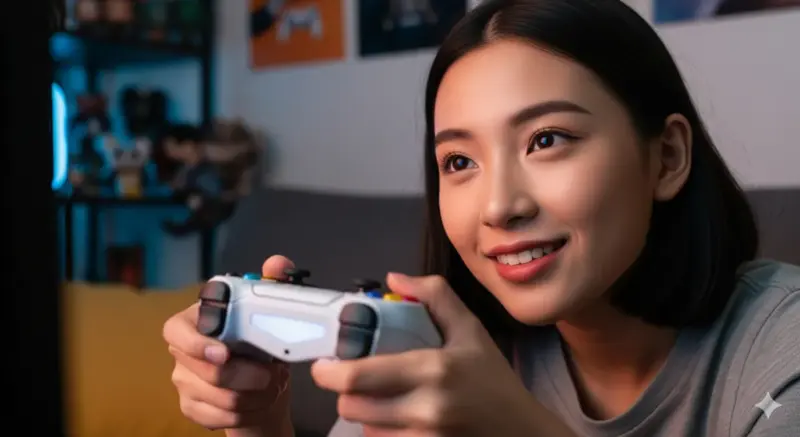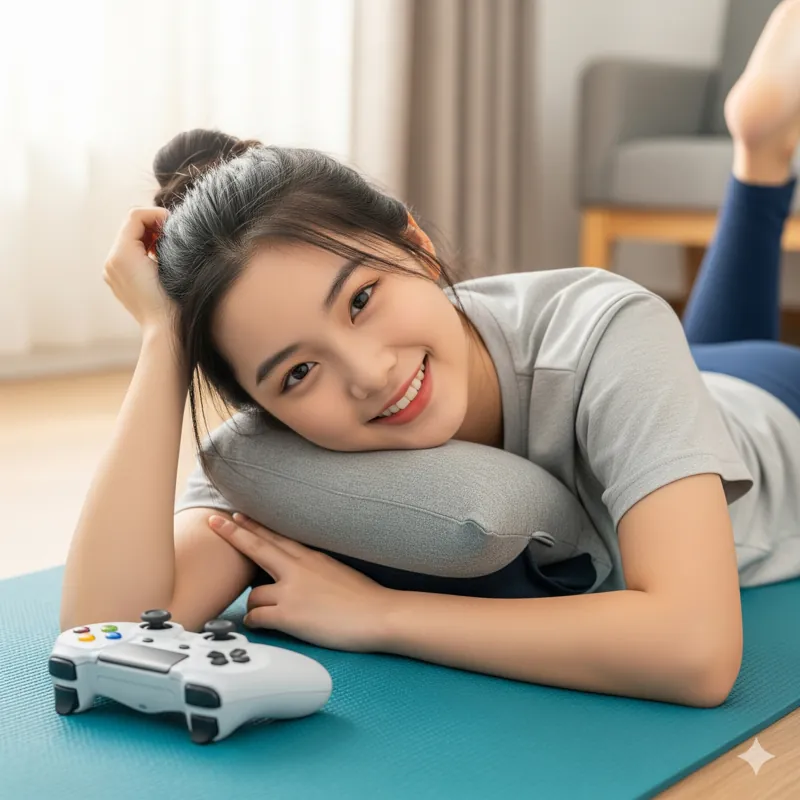
Latest from the ZenZone
Fresh insights, mindful tactics, and game-ready habits to keep your mind clear and your gameplay sharp.
Quick Affirmations During Respawns to Build Gaming Resilience
Transform frustrating respawn timers into resilience-building moments using strategic affirmations—brief positive statements that counteract tilt,…
Pause-and-Breathe Strategies for Maintaining Flow State in Gaming
Master strategic breathing patterns that sustain flow state during gaming—reducing critical errors, maintaining peak performance,…
Using Downtime for Mindful Observation in Open-World Games
Transform travel time, exploration, and quiet moments in open-world games into mindfulness practice—deepening both your…
Short Breath Counts to Reset Mental State During Loading Screens
Transform wasted loading screen time into powerful mental resets using simple breath counting—a 30-second technique…
Rapid Zen Visualization for Regaining Composure After Gaming Tilt
Learn powerful 60-90 second visualization techniques that interrupt tilt spirals, restore emotional equilibrium, and return…
Five-Minute Body Scan to Release Tension During Gaming Sessions
Master a rapid body scan technique that identifies and releases muscular tension without leaving your…

Why Mindfulness Matters
Science-backed benefits for focus, clarity, and emotional control—because better gameplay starts with a better mind.






